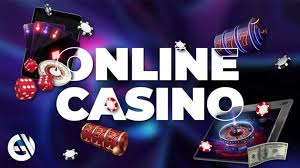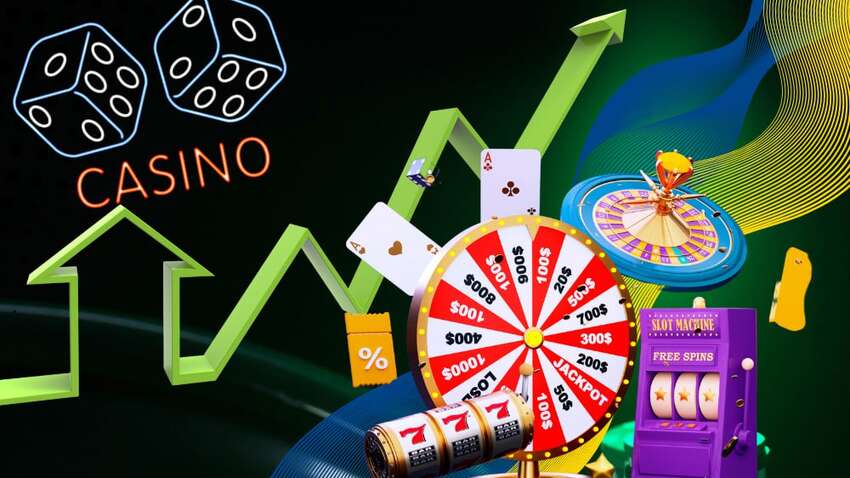
The Role of NFTs in Modern Digital Economy
In recent years, digital assets have undergone a transformation like never before, leading to the rise of Non-Fungible Tokens (NFTs).
NFTs represent ownership of unique digital items, secured on a blockchain, and their impact is being felt across various sectors.
This article will delve into the role of NFTs in the modern digital economy, highlighting their significance in art, gaming, real estate, and beyond.
NFTs have revolutionized how we think about ownership, creativity, and value in the digital realm.
Furthermore, you can explore related applications and developments in the gaming industry with The Role of NFTs in Online Casino Rewards in 2025 megapari apk.
The Rise of NFTs
The concept of digital ownership predates NFTs, but with their introduction, we witnessed a paradigm shift.
NFTs gained traction with artists, collectors, and gamers when platforms like OpenSea and Rarible emerged, allowing users to create, buy, and sell these unique tokens effortlessly.
Unlike cryptocurrencies like Bitcoin or Ethereum, which are fungible and can be exchanged for one another, NFTs are unique and cannot be exchanged on a one-to-one basis.
Each NFT has specific metadata and attributes that make it distinct, leading to a new form of ownership in the digital ecosystem.
NFTs in the Art World
One of the most notable applications of NFTs has been in the art world.
Artists have long struggled to prove ownership and authenticity in the digital space, but NFTs have provided a solution.
Artists can tokenize their work, ensuring that each piece has verified ownership on the blockchain.
This has allowed artists to monetize their digital creations in ways previously thought impossible.

High-profile sales, such as Beeple’s “Everydays: The First 5000 Days,” which sold for $69 million at Christie’s auction house, illustrate the lucrative potential of NFT art.
Furthermore, NFTs empower creators by allowing them to earn royalties on future sales, a feature that traditional art markets do not provide.
NFTs in Gaming
The gaming industry is also experiencing a significant transformation due to NFTs.
Players can now own in-game assets, such as skins, characters, and virtual real estate, as NFTs.
This means that players can trade, sell, or even use these assets across multiple games, fostering a more interconnected gaming ecosystem.
Games like Axie Infinity and Decentraland exemplify this shift, enabling players to earn real money through gameplay and asset ownership.
The rise of play-to-earn models is pushing game developers to consider NFTs as a viable alternative to traditional revenue models based on in-game purchases alone.
NFTs in Real Estate
Beyond art and gaming, NFTs are making waves in the real estate sector.
Virtual real estate platforms, like Decentraland and Cryptovoxels, allow users to buy and sell virtual land using NFTs.
Moreover, there’s potential for applying NFTs in the physical real estate market as well.
Tokenizing property can streamline transactions, reduce fraud, and enhance transparency.
By representing ownership of a physical asset as an NFT, it’s possible to make transactions quicker and less costly.
The ability to fractionally own real estate through NFTs also opens up investment opportunities to a broader audience.

Challenges and Concerns
Despite their exciting potential, NFTs are not without challenges.
Issues such as digital rights management, environmental concerns related to blockchain energy consumption, and market speculation present significant hurdles.
Additionally, the proliferation of low-quality NFTs raises questions about value and authenticity.
As the market matures, these challenges will need to be addressed to ensure the sustainable growth of the NFT ecosystem.
The Future of NFTs
Looking ahead, the future of NFTs appears bright, with ongoing innovation and adoption across industries.
As more people recognize the value of digital ownership, we can expect to see an even wider range of applications.
From virtual fashion shows to NFT ticketing for events, the possibilities are endless.
Additionally, as technology advances, we may see improved blockchain solutions that minimize environmental impact and enhance user experience.
Conclusion
In conclusion, NFTs are playing a pivotal role in shaping the modern digital economy.
They have redefined ownership, enabling creators and consumers alike to rethink how value is perceived and exchanged in the digital landscape.
As we move forward, embracing the potential of NFTs while addressing their challenges will be essential in paving the way for a more inclusive and innovative future.
The journey of NFTs has only just begun, and their impact will likely be felt for years to come.
